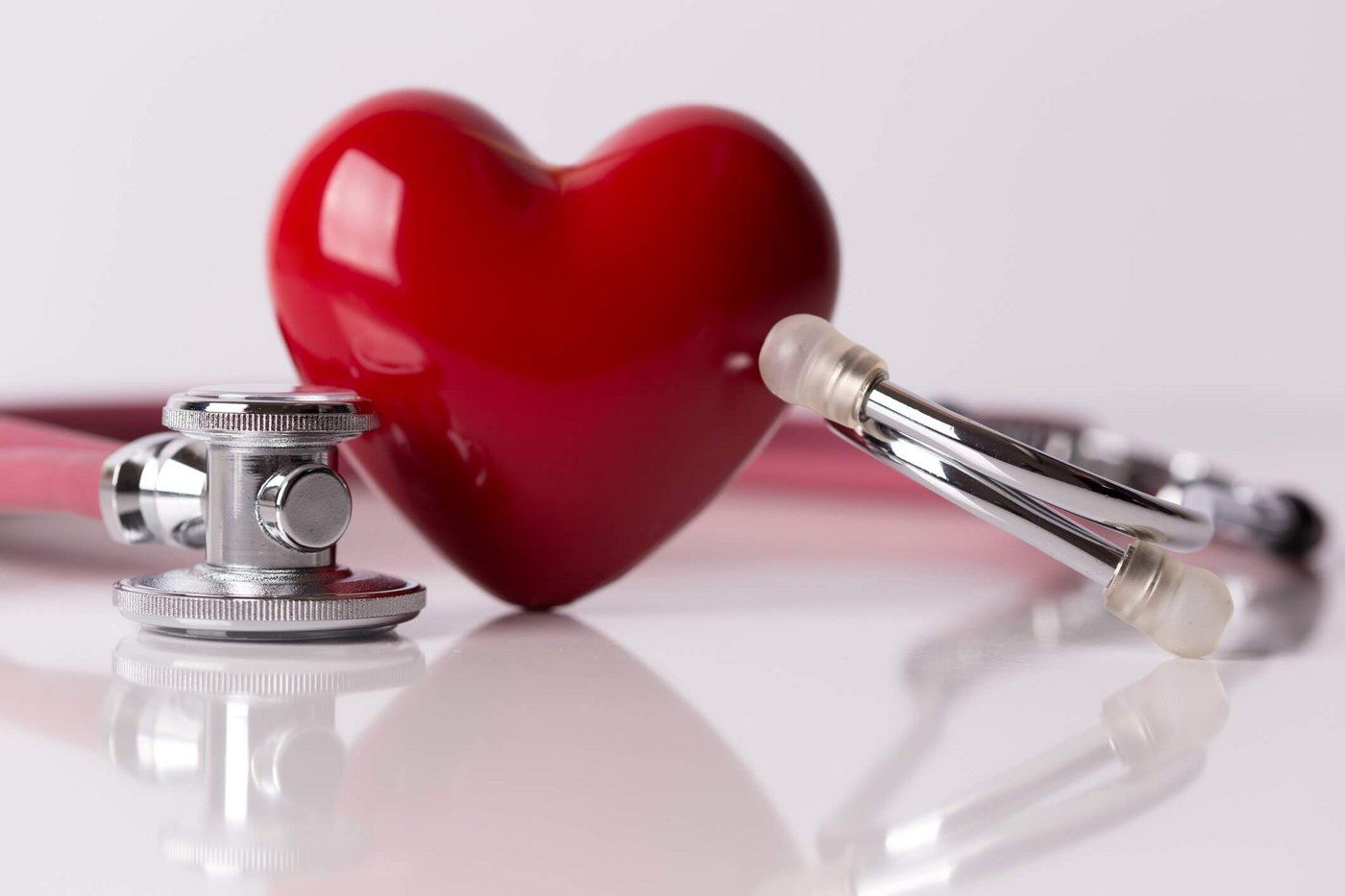February 1st, 2015 | 2 min. read

Popular culture is full of innocent allusions to a fluttering heart: your heart skips a beat when your loved one walks into a room, sinks when you’re disappointed and leaps into your throat when you’re scared.
Aside from temporary emotions that seem to arise from the heart, though, it’s not usually desirable to be aware of this essential organ. If you experience an unpleasant awareness of your heartbeat—whether from speed, magnitude or irregularity—it’s natural to wonder if there is cause for concern. Palpitations occasionally arise from potentially life-threatening problems, but the cause is usually benign.
In a third of people who experience palpitations, the cause is anxiety, panic attack, depression or something similar. For a tenth of people with the experience, the palpitations result from medication, anemia, thyroid disorders and other miscellaneous physical sources.
Fewer than half of those who experience palpitations have an underlying cardiac issue, and that issue is not usually serious. One common cardiac cause is arrhythmia, a problem with the rate or rhythm of the heartbeat. Arrhythmias are usually harmless, but some can be life threatening, though even serious arrhythmias can usually be treated successfully. Other cardiac causes include flaws with the heart’s valves pacemaker problems and cardiomyopathy (diseases of the heart muscle).
And for some people, the cause remains a mystery.
Read More: Understanding How to Prevent Heart Disease with Diet and Exercise
What do heart palpitations mean?
If one of our patients is worried about heart palpitations, unsure if they should get immediate help or undergo the rigors of deeper medical attention, we first seek answers from the best frontline detective—the patient. In addition to reviewing their medical history and noting their age, we ask:
What do you feel?
When does it happen?
How often does it occur?
Does anything make it better?
Do you feel other symptoms simultaneously—pain or tightness in the chest, lightheadedness, faintness?
If they tell us that the palpitations occur after that venti Starbucks latte, then caffeine may be the culprit. If the feelings occur after a fight with their hormonal adolescent or demanding boss, then emotions may get the blame. If they are associated with cardiac strain like exercise or are random, we will continue to dig deeper.
Since heart palpitations are innocent for the vast majority of people, extensive testing is rarely warranted. We’ll explore step by step until we find an answer or until we’ve ruled out possible serious causes. Exploration may include a physical exam, an electrocardiogram (EKG or ECG), or blood work to rule out anemia and thyroid dysfunction or to test for other suspected disorders. In more than one-third of patients, these evaluations are sufficient.
If the cause remains a mystery, the patient can wear an ambulatory monitor to track the electrical activity of the heart. One common device monitors and records the heart continuously, while another takes snapshots when palpitations occur. We tell our patients, “Do whatever you normally do, and let’s catch your heart acting up!”
If a patient is at high risk for a serious cause of palpitations—based on medical history or heart disease or with other associated symptoms, for example—more extensive and specialized tests are advisable.
If your heart skips a beat, hopefully it’s just excitement, but if you’re concerned, let your physician help you detect the mystery.

Topics: